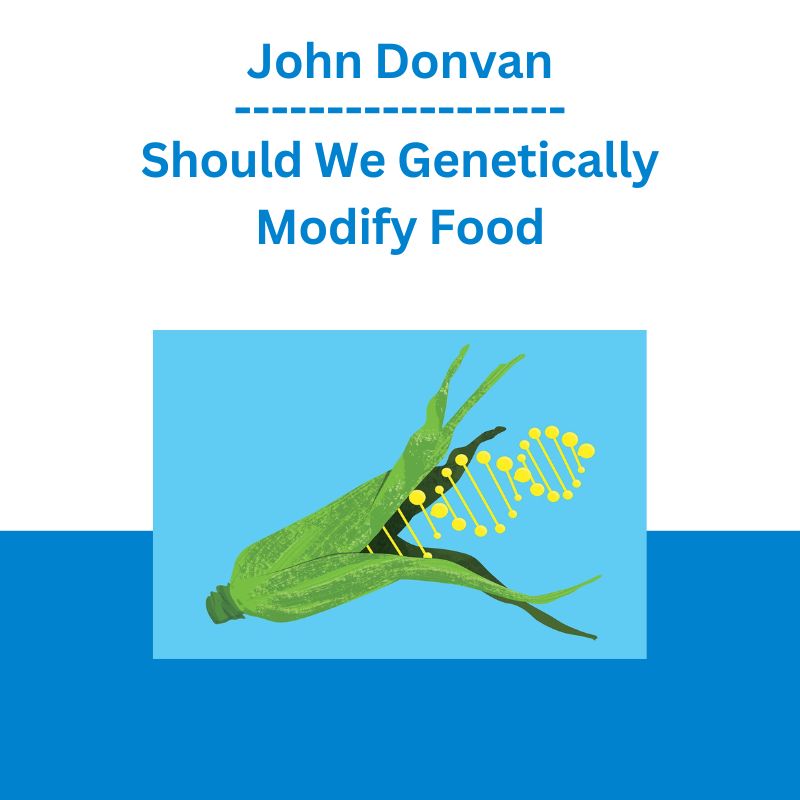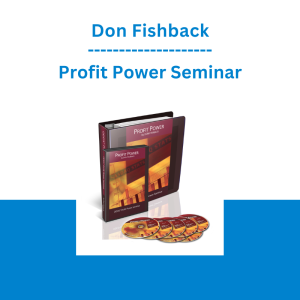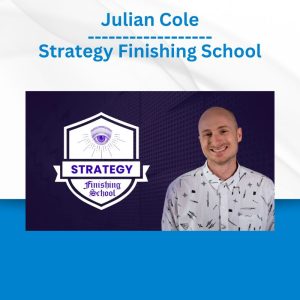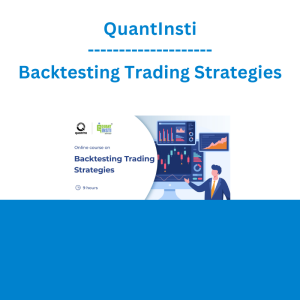*** Proof of Product ***
Exploring the Essential Features of “John Donvan – Should We Genetically Modify Food”
Should We Genetically Modify Food?
Genetically modified (GM) foods have been around for decades. Across the country and around the world, communities are fighting the cultivation of genetically engineered crops. Are they safe? How do they impact the environment? Can they improve food security? Is the world better off with or without GM food?
EPISODE (1)
01:Debate: Should We Genetically Modify Food?
Genetically modified (GM) foods have been around for decades. Across the country and around the world, communities are fighting the cultivation of genetically engineered crops. Are they safe? How do they impact the environment? Can they improve food security? Is the world better off with or without GM food?
DETAILS
Overview
Genetically modified (GM) foods have been around for decades. Created by modifying the DNA of one organism through the introduction of genes from another, they are developed for a number of different reasons—to fight disease, enhance flavor, resist pests, improve nutrition, survive drought—and are mainly found in our food supply in processed foods using corn, soybeans, and sugar beets, and as feed for farm animals. Across the country and around the world, communities are fighting the cultivation of genetically engineered crops. Are they safe? How do they impact the environment? Can they improve food security? Is the world better off with or without GM food? Arguing for the motion is Robert Fraley, executive VP and chief technology officer at Monsanto with Alison Van Eenennaam, genomics and biotechnology researcher at UC Davis. Arguing against the motion is Charles Benbrook, research professor at the Center for Sustaining Agriculture and Natural Resources with Margaret Mellon, science policy consultant and former senior scientist at the Union of Concerned Scientists. John Donvan moderates. This conversation was taped on December 3, 2014.
FOR:
· GM crops have been safely in our food system for nearly 20 years. There are currently no known harms or risks to human health.
· GM crops benefit farmers and the environment by increasing crop yields, reducing the use of pesticides, and reducing the need for tillage.
· Food security will be improved through the development of crops that can fight disease, resist pests, improve nutrition, and survive drought.
AGAINST:
· The current regulatory system does not adequately assess the safety of GM crops and we cannot be sure of what the long-term effects of consumption will be.
· The environmental threats include the possibility of cross-breeding with other plants, harm to non-target organisms, and decreased biodiversity.
· The world already grows enough food to feed everyone, but it doesn’t get to the people that are hungry. Genetic engineering moves focus away from public policy solution.
About
John Donvan
The moderator of Intelligence Squared U.S. debates since 2008, John Donvan is an author and correspondent for ABC News. He has served as ABC’s White House Correspondent, along with postings in Moscow, London, Jerusalem, and Amman. John is the coauthor of In a Different Key: The Story of Autism (Crown, 2016). In addition to premiering his first one-man show, “Lose the Kid,” in 2013 in Washington, D.C., John is a four-time Emmy Award winner and was a National Magazine Award finalist in 2010.
Please see the full list of alternative group-buy courses available here: https://lunacourse.com/shop/










 Don Pendleton - Dixie Convoy (The Executioner Book 27) (Kindle)
Don Pendleton - Dixie Convoy (The Executioner Book 27) (Kindle)  Erik Banks - Alternative Risk Transfer
Erik Banks - Alternative Risk Transfer  Don Fishback - Profit Power Seminar
Don Fishback - Profit Power Seminar  Meeyeon Park & Mark R - Effective Communication for Client Facing Advisors - CFI Education
Meeyeon Park & Mark R - Effective Communication for Client Facing Advisors - CFI Education  Irene Diamond & Don Dillon - 12 Additional Revenue Streams For Therapists (No Bonus)
Irene Diamond & Don Dillon - 12 Additional Revenue Streams For Therapists (No Bonus)  Money Miracle - George Angell - Use Other Peoples Money To Make You Rich
Money Miracle - George Angell - Use Other Peoples Money To Make You Rich  Matan Feldman - The 13-Week Cash Flow Modeling - Wall Street Prep
Matan Feldman - The 13-Week Cash Flow Modeling - Wall Street Prep  Atlas API Training - API 570 Exam Prep Training Course
Atlas API Training - API 570 Exam Prep Training Course  Forexmentor - Recurring Forex Patterns
Forexmentor - Recurring Forex Patterns  Victoria Will - FAST CLASS: Portraits Under Pressure
Victoria Will - FAST CLASS: Portraits Under Pressure  Greg Loehr - Advanced Option Trading With Broken Wing Butterflies
Greg Loehr - Advanced Option Trading With Broken Wing Butterflies  Jesse Livermore Trading System - Joe Marwood
Jesse Livermore Trading System - Joe Marwood  Rich Webster - How To Work Less
Rich Webster - How To Work Less  Toshko Raychev - Profit System + ITF Assistant
Toshko Raychev - Profit System + ITF Assistant  Julian Cole - Strategy Finishing School
Julian Cole - Strategy Finishing School  QuantInsti - Backtesting Trading Strategies
QuantInsti - Backtesting Trading Strategies  Matthew Kratter - Trader University
Matthew Kratter - Trader University  Fred Haug - Virtual Wholesaling Simplified
Fred Haug - Virtual Wholesaling Simplified  Sovereign Man Confidential - Renunciation Video
Sovereign Man Confidential - Renunciation Video  Alphashark - The AlphaShark SV-Scalper
Alphashark - The AlphaShark SV-Scalper  Carrie Cardozo - Soul Expression 10 day
Carrie Cardozo - Soul Expression 10 day  Dave Landry - Stock Selection Course
Dave Landry - Stock Selection Course  Ed Ponsi - Forex Trading
Ed Ponsi - Forex Trading  Jordan Strength - The JSCEP Course Bundle
Jordan Strength - The JSCEP Course Bundle  George Fontanills & Tom Gentile - Optionetics 6 DVD Series Home Study Course (Digital Download)
George Fontanills & Tom Gentile - Optionetics 6 DVD Series Home Study Course (Digital Download)  The Daily Traders – Exclusive Trading Mentorship Group
The Daily Traders – Exclusive Trading Mentorship Group  SMB - Options Training
SMB - Options Training  Nicholas Scalice - Landing Page Masterclass
Nicholas Scalice - Landing Page Masterclass